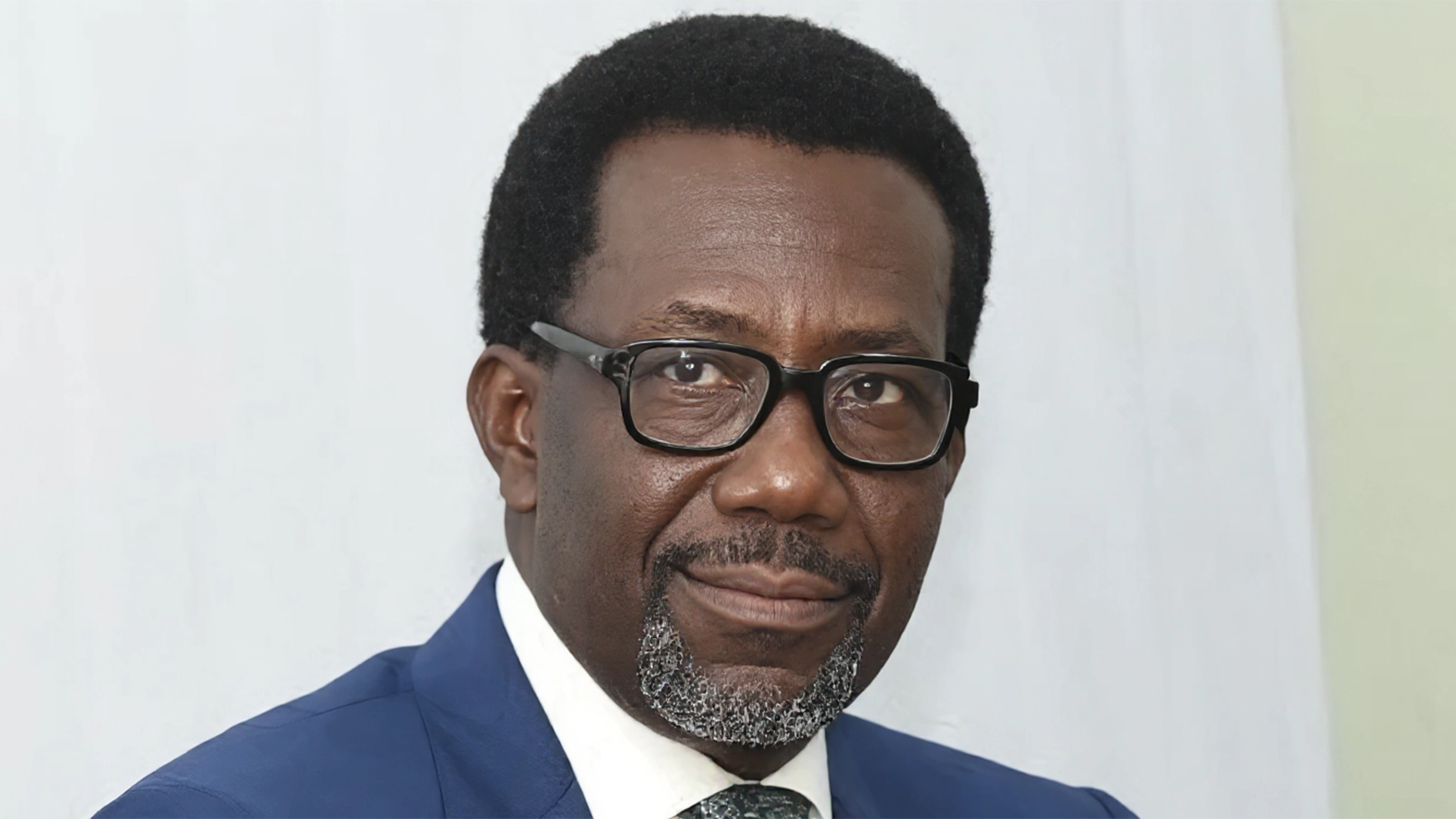
Dabbatta made this known while delivering the 10th and 11th combined Convocation Lecture of the Fountain University, Osogbo, Osun State.
In the paper titled: “Empowering the Nigerian Youth through Information and Communication Technology,” Danbatta recalled the impact of the ICT revolution in all parts of human endeavour across countries and continents, insisting that technology will continue to penetrate and foster qualitative and quantifiable changes in all aspects of life.
In all continents of the world, people, organisations and countries have continued to witness leaps and bounds in economic, social and political activities through the instrumentality of ICT, which, according to Danbatta, has merged computing, information and communication technology to catalyse development in ways and manners humans never envisaged decades ago.
The NCC CEO stated that the foregoing contextual demonstrations of the possibilities of ICT explain Federal Government’s policy decisions to strengthen ICT adoption in building a robust digital economy in Nigeria, eloquently expressed in the National Digital Economy Policy and Strategy (NDEPS) 2020-2030; the Nigerian National Broadband Plan (NNBP) 2020-2025 and other series of policies, guidelines and regulations derivative of the NDEPS and NNBP.
He explained that the adoption of digital revolutions by the government is creating multiplier effects across critical sectors, aiding job creation, better governance, youth empowerment and overall socio-economic development.
“It is the reason this objective reality is cited as the Fourth Industrial Revolution (4IR). Indeed, for over 10 years, ICT has consistently contributed more than 10 per cent of Nigeria’s Gross Domestic Product (GDP) – the telecom sector alone contributed 12.45 per cent to GDP as at the fourth quarter of 2020,” he said.
Given that Nigeria accounts for 82 per cent of Africa’s ICT market and 29 per cent of continental Internet usage and sub-Sahara Africa is the fastest-growing region for ICT adoption, the Federal Government, in its determination to ensure that the nation harness the full benefits of ICT, instituted a broadband vision that will see Nigeria as a society of connected communities of high-speed broadband access and connectivity.
The EVC said the envisioned society would deliver Internet connectivity speed 10 megabits per second (Mbps) in rural areas and 25 Mbps in urban areas by 2025.
Additionally, effective coverage will be available to at least, 90 per cent of the population by 2025 at a price not more than N390 per one gigabyte of data.
Explaining further, the professor of telecommunications engineering informed the audience that the NCC has connected to the policies of government through its Strategic Management Plan (SMP) 2020-2024 and the Strategic Vision Plan (SVP), 2021-2025, which streamline the provision of key extant policies for effective implementation by the Commission.
Danbatta appealed to the Nigerian youths to take advantage of the government’s laudable policies, which have found expression in many activities of the Commission targeting the youth.
These activities and interventionist programmes has, as a primer, the ICT Hubs Support and Engagement programme, which brings youths together in the Nigerian tech ecosystem to deliberate and recommend frameworks and strategies for the development of the sector.
He stated that the overarching objective of the engagement is to harness the innovative and creative energy of the young people to promote ICT innovation and entrepreneurship, provide the linkage between policymakers, industry, entrepreneurs and tech enthusiasts to leverage the power of digital technology through local content development. “This engagement and collaboration align with the commission’s policy of inclusiveness which by the reckoning of development scholars, is imperative for growth and development,” he said.






